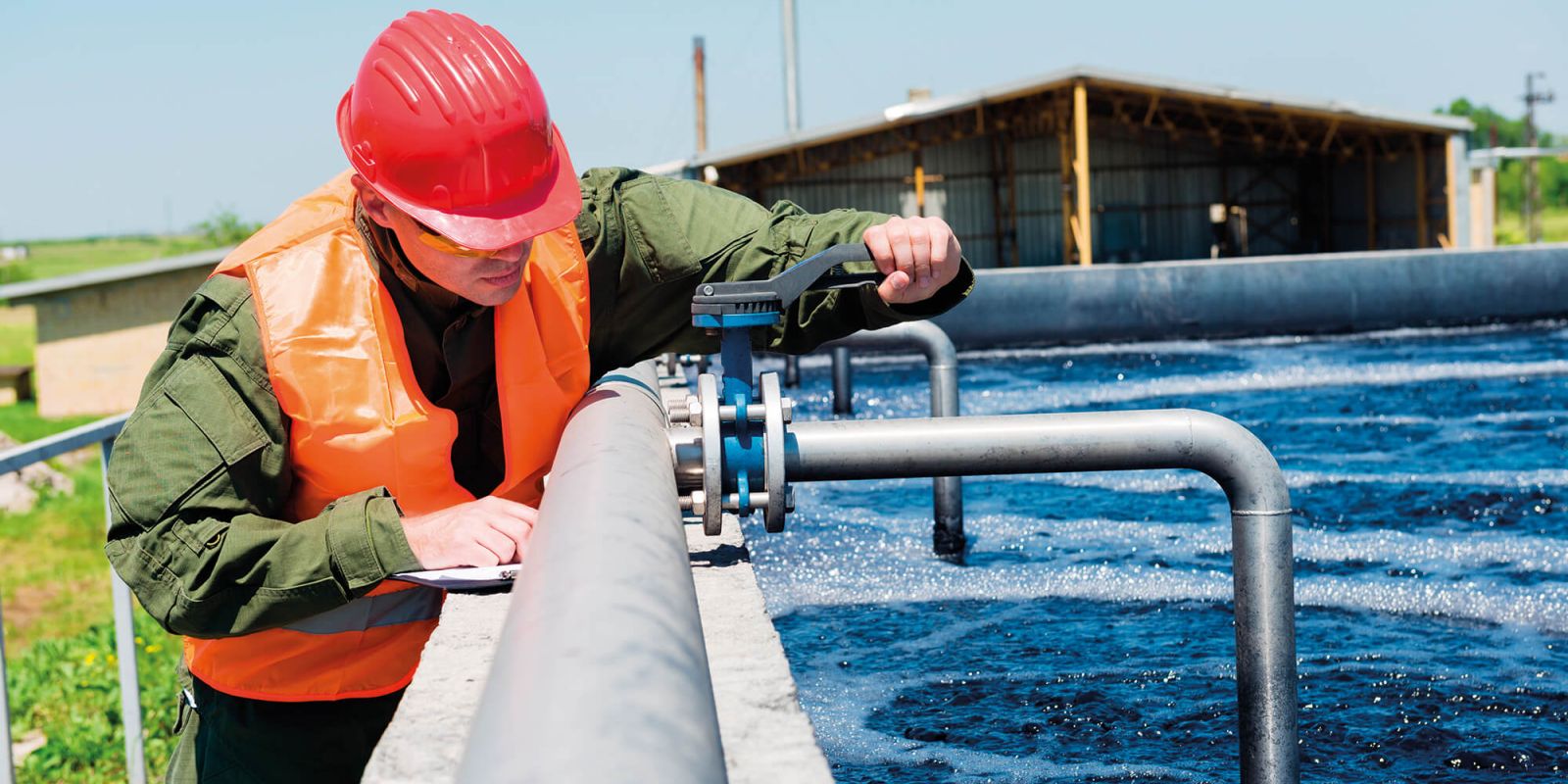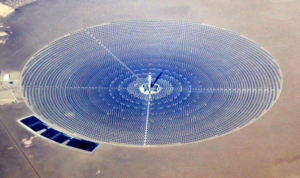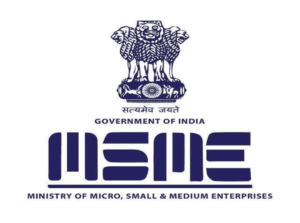Water Management has progressed a lot with Digital solutions and have state of the art processing and managing capabilities. The following trends and innovations are in vogue:
Digital Water Management: Leveraging artificial intelligence (AI), the Internet of Things (IoT), and smart meters, digital water management tracks and optimizes water grids. It provides real-time insights for efficient water distribution and consumption.
Wastewater Processing: Innovative methods, including membrane nanotechnologies, are used for effective wastewater treatment. These solutions help clean and recycle water, reducing environmental impact.
Advanced Filtration: Cutting-edge filtration technologies enhance water quality by removing impurities and contaminants.
Flood Prevention: Solutions that combine flood prevention with water safety and reuse are gaining prominence.
Water-saving Technology: Technologies that promote water conservation and efficient usage play a crucial role in sustainable water management.
Decentralized Infrastructure: Improving access to clean drinking water in remote areas through localized water systems.
Innovative Materials: New materials contribute to sustainable and cost-effective water recovery and reuse.
Real-Time Water Monitoring and Leak Detection technologies uses a lot of technology like Wireless Sensors, machine learning, IoT and flow and pressure sensors and acoustic measurements, Ground penetrating Radar and Fibre optic monitoring.
Wireless Sensor Networks (WSN): These networks consist of small, low-cost sensors that communicate wirelessly. They collect data in real time from various points in water distribution systems.
Machine Learning Algorithms: Autonomous learning algorithms analyze sensor data to detect anomalies, such as leaks. Algorithms like random forest, decision trees, neural networks, and Support Vector Machine (SVM) are used for precise leak detection.
IoT-Enabled Smart Meters: These meters provide real-time data on water consumption. They communicate with consumers and servers, enabling efficient water management.
Flow and Pressure Sensors: These sensors monitor water flow rates and pressure. Sudden deviations can indicate leaks.
Acoustic Measurements: By analysing sound patterns, acoustic sensors detect leaks in pipes.
Fiber Optic Monitoring: Fiber optic cables can detect changes in water flow and temperature.
Ground-Penetrating Radar: This technology helps locate leaks underground.
Water 4.0 and Digital Applications:Water 4.0, also known as Smart Water, is the digital transformation of water management. It involves advanced technologies that digitize the entire water cycle.
AI (Artificial Intelligence): AI algorithms analyse data from sensors and other sources to optimize water treatment plants and distribution networks.
Sensors: Real-time data from sensors helps monitor water quality, detect leaks, and manage water infrastructure effectively.
Data Analytics: By analysing large volumes of water-related data, decision-makers can identify consumption patterns, inefficiencies, and opportunities for optimization.
Integrated Facility Management (IFM) is a comprehensive and holistic approach to managing all aspects of a facility, including the people, processes, and technologies that support its operation. Let’s delve into the details:
What is Integrated Facility Management (IFM)?
IFM brings together various services under a single management framework, resulting in better communication, collaboration, and coordination among stakeholders.
It encompasses both hard facilities management (related to building structures and systems) and soft facilities management (services like security, cleaning, and waste management).
The goal is to streamline processes, improve efficiency, and provide cost-effective management of facilities.
Clients benefit from having a single point of contact for customer service and consolidated pricing.
How is IFM Different from Traditional FM?
Traditional Facility Management (FM) focuses on day-to-day operations and maintenance of physical assets (buildings, infrastructure, equipment).
IFM, on the other hand, takes a more strategic approach:
- It optimizes processes, reduces costs, and increases efficiency.
- It considers broader context (business goals, regulations, environment).
- It leverages advanced technologies, data analytics, and automation.
- It covers a wider range of services beyond maintenance.
- It ensures better coordination and communication among services.
Water Management Capabilities in IFM:
Water tracking and optimization are crucial components of IFM.IFM software can Monitor water consumption in real time. Detect leaks promptly using sensors and data analytics. Optimize water usage through predictive modelling. Integrate water management with other facility services. Ensure compliance with environmental regulations. Improve sustainability by minimizing water waste.
Some notable SaaS & Other Providers in Water Management:
| Envirosuite: A powerful SaaS platform that streamlines environmental compliance, investigations, and operational planning. | Carbon Maps: Provides solutions for carbon management and environmental monitoring. |
| Jala: Offers water management software for efficient water usage and conservation. | Ketos: A data-driven platform that helps monitor water quality and detect anomalies. |
| KarIoT Solutions: Offers instant alerts for leakages, statistical water consumption reports, dynamic billing, and real-time monitoring of water levels and flow. | Team Tweaks: Provides smart water management solutions using GIS, pH sensors, SCADA, and digitized meters. |
| ABB Limited: A global leader in automation and power technologies, ABB offers water management solutions. | Trimble Inc.: Known for its geospatial and construction technology, Trimble provides water-related solutions. |
| Siemens AG: Siemens offers comprehensive water management systems, including leak detection. | Itron Inc.: Specializes in smart metering and water management technologies. |
| Suez Group: A multinational utility company with expertise in water treatment and distribution. | Badger Meter Inc.: Provides smart water meters and related solutions. |
| Arad Group: Offers advanced water metering solutions. | NuWater: Offers solutions for optimizing water efficiency in industrial operations. Their robust monitoring systems help track water usage and identify areas for improvement. |
| Energy5: Focuses on big data analytics for water management. They help water authorities and businesses make informed choices to reduce waste and conserve resources. | Updater Services (P) Limited (UDS): UDS, headquartered in Chennai, is one of India’s leading Integrated Facilities Management (IFM) and Business Support Services companies. With a vast workforce and a geographical footprint spanning over 250 million sq. feet, UDS focuses on sustainability enabled by digital integration and intelligent technologies. |
| VINCI Facilities: VINCI Facilities is recognized for its commitment to sustainability. | Acclaro Advisory: Acclaro Advisory runs the Sustainable Facilities Management Index (SFMI). They assess FM service providers’ sustainability efforts and recognize those achieving Platinum scores. |
| Planon: Planon offers a powerful smart workplace management platform. | NuWater: Provides sustainable water management solutions. |
| Energy5: Offers big data analytics for water management. | Scubic: Combines AI, digital twin tech, and meteorology for water demand forecasting and optimization. |
For more information, you can explore resources like FieldCircle and FMX




